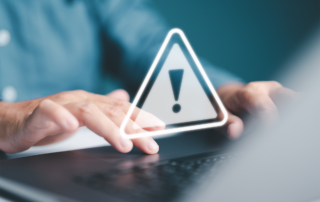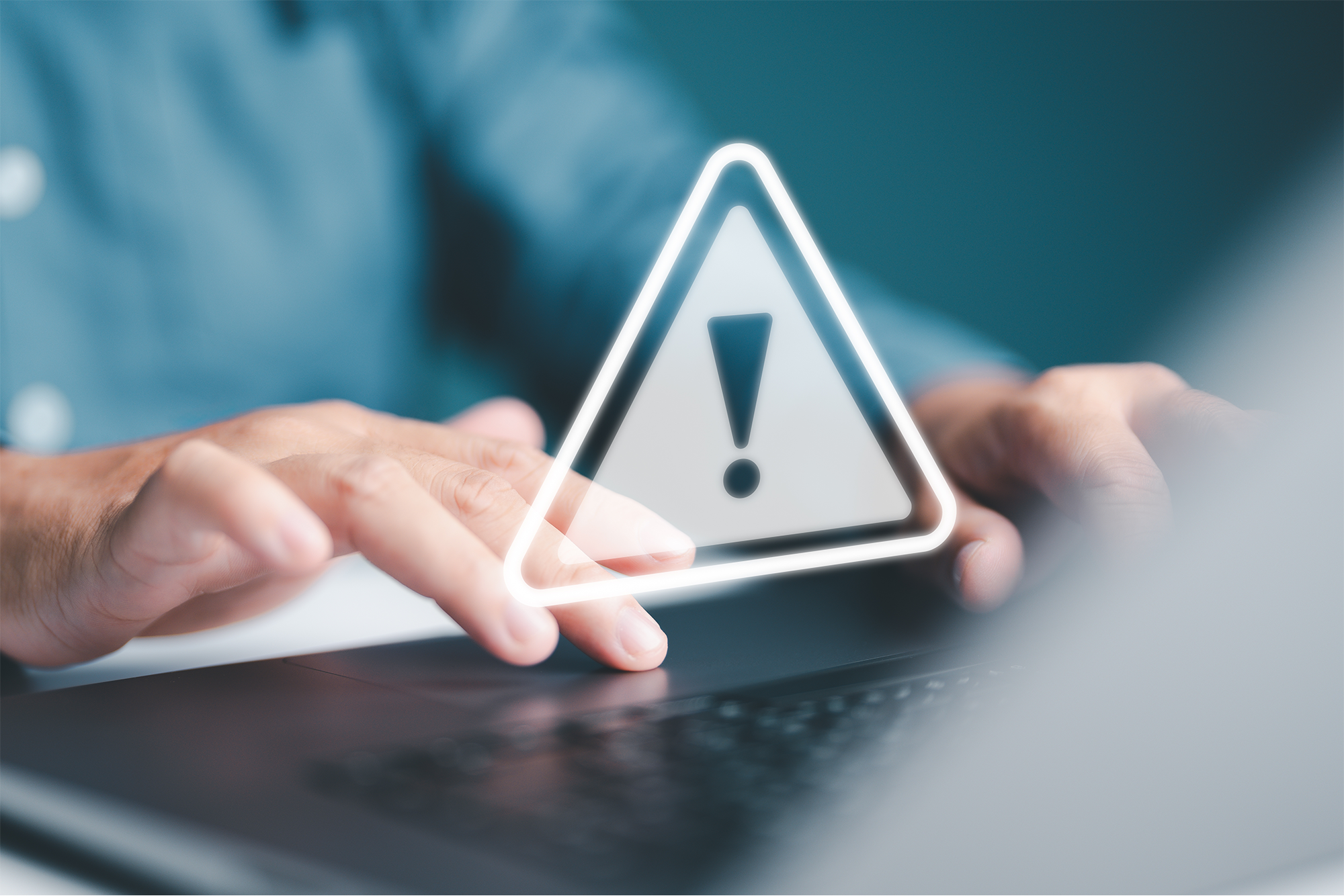Data Breaches
A data breach can be a devastating event, affecting a company financially and damaging its reputation with customers. But as a director or officer at your company, you face litigation risks based on the decisions you make following a breach and on how you influence cybersecurity policies, as these are often considered board-level issues.
If a suit is filed against you after a data breach occurs, based on your position as a board member, you will not be protected by your commercial general liability policy or your cyber liability policy. Your best source of protection is from your directors and officers (D&O) liability policy, as long as your policy is tailored to include protection after a data breach.
Data Breach Threats
The biggest threat from a data breach is loss of information, whether it is information regarding your company’s finances or the personal identification information of your customers, such as Social Security numbers or credit card information.
Losing sensitive information belonging to your customers or company can have a devastating effect on your reputation. If the credit card information of your customers is stolen, your customers would need to cancel their cards and get new ones—an inconvenient process and one that can damage your company’s image in the eyes of customers.
Data Breach Response
Following a data breach, you may be legally required to notify certain people about it. For example, if your company is publicly traded, guidelines issued by the U.S. Securities and Exchange Commission (SEC) say you must report cybersecurity incidents to stockholders. The cost of notification after a breach is generally covered by a cyber liability policy. Depending on the number of people you need to notify, the cost can be quite high.
Notification should be taken very seriously, as the way a company responds to a data breach can lead to exposure and legal action beyond lawsuits from customers—the company could be subject to regulatory action from the Federal Trade Commission or the SEC.
Data Breaches and D&O Coverage
Insufficient cybersecurity that leaves your company vulnerable to a data breach can be seen by your customers or shareholders as negligence or a breach of duty. Your customers and shareholders may seek to hold you responsible for the damage, as the board is responsible for making decisions on behalf of the company. Because of this, you need protection in the form of a D&O policy.
In past legal cases following a data breach, directors and officers have been accused of the following:
- Failing to take reasonable steps to protect customers’ personal and financial information
- Failing to implement controls to detect and prevent a data breach
- Failing to report a breach in a timely manner
A cyber liability policy would not offer the legal protection needed by directors and officers after a data breach, whereas a D&O policy can.
A D&O policy provides coverage for a “wrongful act,” such as an actual or alleged error, omission, misleading statement, act of neglect or breach of duty.
Cybersecurity Is Vital
A company’s directors and officers are expected to be involved in and knowledgeable about the company’s cybersecurity. It’s rapidly becoming a vital aspect of responsible business management and customer service.
The following are some techniques to improve the cybersecurity of your company:
- Install a firewall—Companies with five or more computers should consider buying a network firewall to protect the network from being hacked.
- Install security software—Anti-virus, anti-malware and anti-spyware should be installed on every computer in the network. All software should be up to date.
- Encrypt data—All data, whether stored on a tablet, flash drive or laptop, should be encrypted.
- Use a virtual private network (VPN)—A VPN allows employees to connect to the company’s network remotely without the need of a remote-access server. VPNs use advanced encryption and authentication protocols, providing a high level of security for your network.
- Develop a data breach plan—Have a plan in place so when you experience a data breach, you can act quickly and minimize your losses.
Data Breach Risks Without D&O Insurance
After a data breach, claims from shareholders and customers will most likely be made. Since you can be held personally responsible for the acts of the company as a board member, your plans and decisions need to be protected.
Without D&O coverage, your personal assets are at stake and could be forfeited to cover legal costs. You can protect yourself with a D&O insurance policy. Talk to your insurer about this type of coverage and be sure your policy is tailored to cover any gaps.
For informational purposes only. Not intended as legal advice. © 2017 Zywave, Inc. All rights reserved.
About the Author
Share This Story
Related Blogs
OSHA’s Safe and Sound Week Scheduled for Aug. 12-18
Each year, more than 5,000 workers are killed on the job. Additionally, more than 3.6 million employees are seriously injured each year while at work. Because of this, the Occupational Safety and Health Administration (OSHA) holds a nationwide event each August called Safe and Sound Week, which promotes the importance of companies incorporating safety and health programs into their workplace. This year, the event runs Aug. 12-18, 2024.
2024 Midyear Market Outlook: Workers’ Compensation
Profitable underwriting results have generated favorable conditions across the workers’ compensation insurance market for nearly a decade. According to the National Council on Compensation Insurance (NCCI), the segment produced combined ratios of 84.5 and 84.9 in 2022 and 2023, respectively, demonstrating continued profitability.
CrowdStrike, the Most Important Cyber Accumulation Loss Event Since NotPetya, Highlights Single Points of Failure
In what is being called “the most important cyber accumulation loss event since NotPetya,” the July 19, 2024, global technology outage (CrowdStrike) will produce scores of insurance claims across a range of policies, test cyber policy wordings,and sharpen the industry’s focus on single points of failure.







